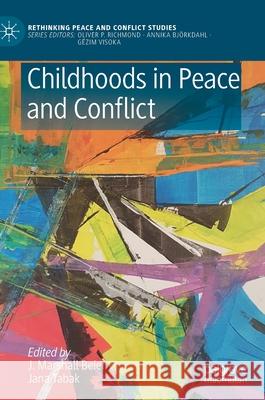Childhoods in Peace and Conflict » książka
topmenu
Childhoods in Peace and Conflict
ISBN-13: 9783030747879 / Angielski / Twarda / 2021 / 284 str.
Childhoods in Peace and Conflict
ISBN-13: 9783030747879 / Angielski / Twarda / 2021 / 284 str.
cena 563,56
(netto: 536,72 VAT: 5%)
Najniższa cena z 30 dni: 539,74
(netto: 536,72 VAT: 5%)
Najniższa cena z 30 dni: 539,74
Termin realizacji zamówienia:
ok. 16-18 dni roboczych.
ok. 16-18 dni roboczych.
Darmowa dostawa!
Kategorie BISAC:
Wydawca:
Palgrave MacMillan
Seria wydawnicza:
Język:
Angielski
ISBN-13:
9783030747879
Rok wydania:
2021
Wydanie:
2021
Numer serii:
000312198
Ilość stron:
284
Waga:
0.46 kg
Wymiary:
21.01 x 14.81 x 1.6
Oprawa:
Twarda
Wolumenów:
01
Dodatkowe informacje:
Wydanie ilustrowane











